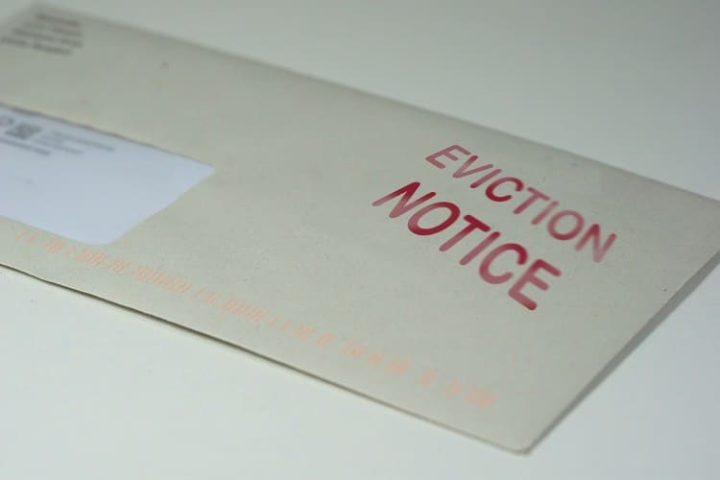
A Michigan university evicted a student from campus housing after she obtained a religious exemption from its Covid-19 vaccine mandate and told others how she did so.
Inara Ramazanova attended Oakland University (OU), a Detroit-area public university, from September 2018 to December 2021, graduating five months ahead of schedule.
Thanks to OU administrators’ inordinate fear of Covid-19, Ramazanova had been forced to attend online classes exclusively for two years. She was looking forward to resuming normal campus life for her final semester and had even secured a scholarship entitling her to free on-campus housing.
Then OU decided to mandate that all students living on campus subject themselves to one of the experimental Covid-19 vaccines. It did, however, offer religious and medical exemptions to the mandate with the proviso that exempt students be tested for the virus weekly.
According to a letter from First Liberty Institute attorneys to OU administrators:
Because of their religious beliefs, Ms. Ramazanova’s parents refused vaccines for her since she and her family immigrated to the United States from Russia thirteen years ago. While their refusal was based on their sincerely held religious beliefs, the Ramazanovas had never been required to explain their religious objections to vaccination in writing. Since the religious accommodation process for many COVID-19 vaccine mandates requires a written explanation, Ms. Ramazanova began researching how best to create a written religious accommodation request.
Ramazanova joined a private Facebook group concerning religious accommodations for vaccine mandates. There she found a sample exemption-request letter, which she used as a model for her own letter requesting a religious exemption from OU’s mandate.
Her request was granted on June 29, 2021. Afterward, she posted her request and the school’s response in the Facebook group.
When OU administrators learned of this seemingly harmless action, they accused Ramazanova of violating the “collusion or conspiracy” rule in the school’s student code of conduct, which prohibits “action or inaction taken together with one (1) or more other persons to commit, or attempt to commit, a violation of the [student code of conduct] or any other OU Policies and/or any Applicable Laws.”
Ramazanova refused to confess to such a ludicrous charge, so she was hauled before the University Conduct Committee for an August 6 hearing. The only witness to testify at the hearing was the administrator of the Facebook group in which Ramazanova had posted her request. She told the committee that the group and the post were not aimed at circumventing any OU policies but were simply informational.
Nevertheless, the committee found Ramazanova guilty of “conspiracy or collusion” and revoked her exemption, forcing her to live at home and take online classes. But despite having been banned from campus, she was still required to submit to weekly Covid-19 testing. In addition, a disciplinary note was placed in her student record, where it will remain for seven years and “potentially affect her future academic or professional pursuits,” says the First Liberty letter.
Ramazanova’s attorneys charge that OU’s actions violate the First Amendment’s guarantee of freedom of speech. “While OU has a right to reasonably expect that ‘its students adhere to generally accepted standards of conduct,’” they write, “that expectation does not permit OU to restrict protected speech, especially in the off-campus environment.”
They also argue that OU is in violation of the federal Fair Housing Act, which prohibits housing discrimination on the basis of religion — and on the basis that a person “aided or encouraged” anyone else to exercise a similar right under the law.
First Liberty is demanding that OU expunge the disciplinary action from Ramazanova’s student record and “issue her a written apology and assurance that students at OU may exercise their constitutional right to freedom of speech without being subjected to the same retaliatory and discriminatory treatment.” Failure to do so, they state, may result in further legal action.
“Punishing a student for exercising their free speech is not only illegal, it’s outrageous. Kicking them out of their housing and damaging their future pursuits is punitive and vindictive,” First Liberty Deputy General Counsel Justin Butterfield said in a statement. “The university violated Inara’s constitutional rights and the Fair Housing Act. They owe her an apology and a clean academic record.”



